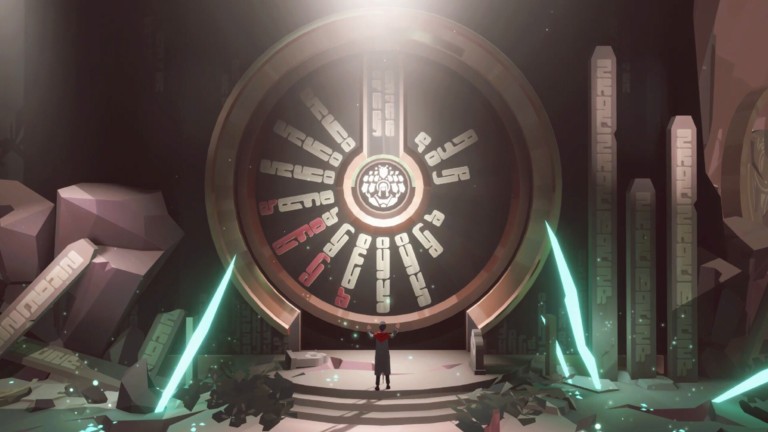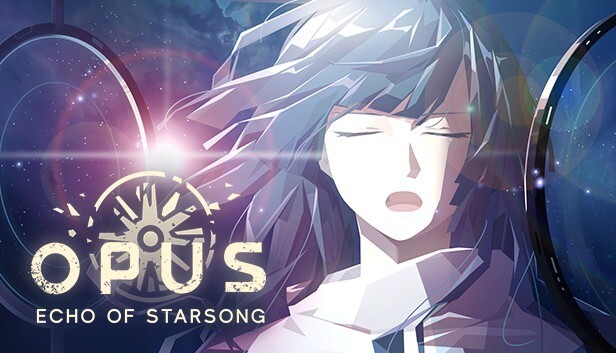OPUS: Echo of Starsong by SIGONO Inc.
Every once in a while, a game comes along that completely sidewinds you. There’s no major advertising to speak of, review outlets you trust completely miss it, nobody you know is checking it out, etc. But somehow you stumble across it anyway, and it ends up leaving all the more of a lasting impression because you didn’t see it coming. For me, last year’s game like that was A Monster’s Expedition. This year? My money’s on OPUS: Echo of Starsong taking that crown.
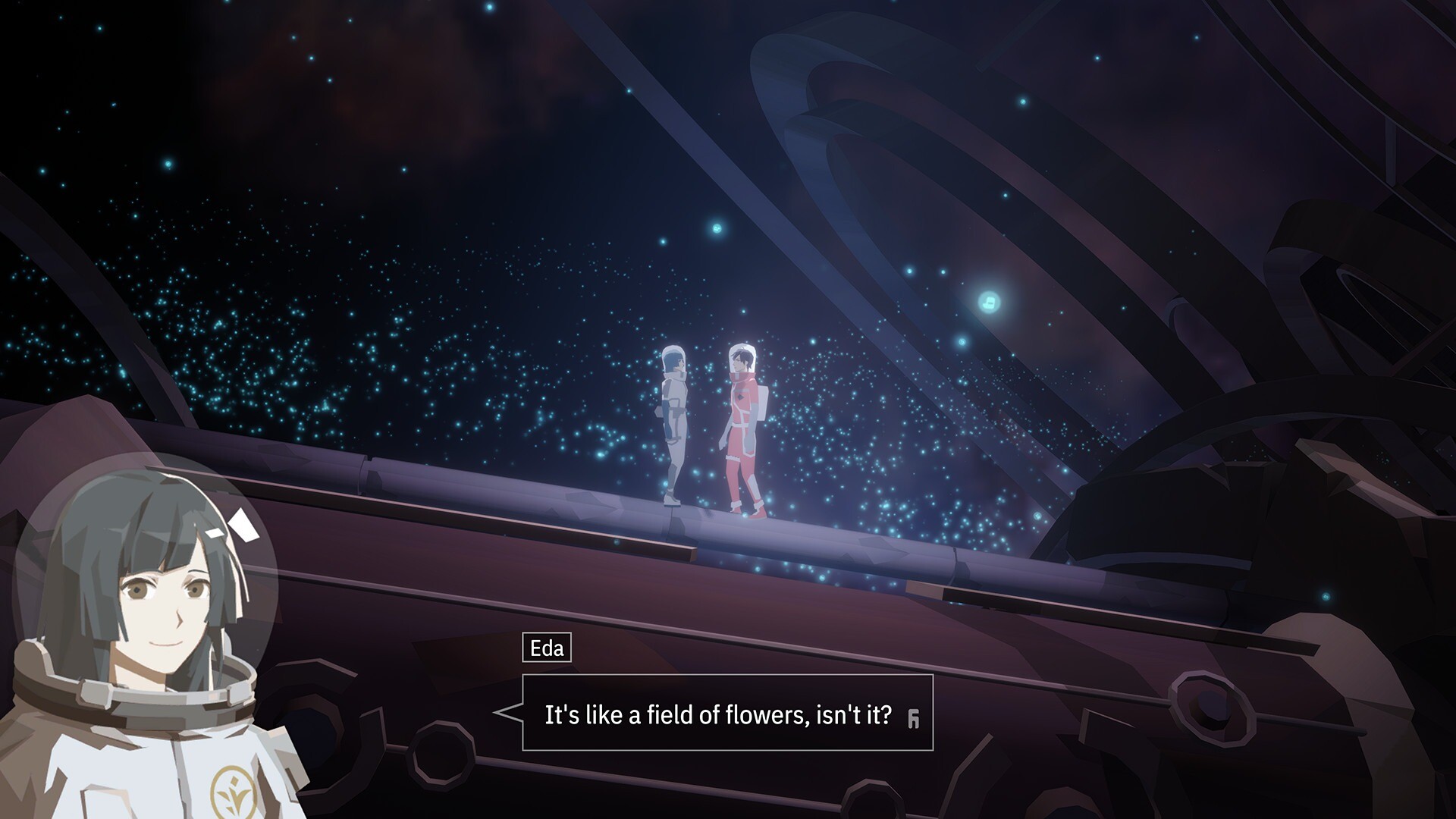
To the Stars
In this Taiwanese sci-fi adventure game, players control Jun, a young noble of a disgraced noble house traveling the galaxy with his guardian Kay. Jun is seeking a source of Lumen, a powerful energy source supposedly created by a goddess. A chance encounter with Eda, a girl with the ability to sense sources of Lumen, and Remi, a young but gruff starship pilot, sends them on an adventure that quickly escalates into something much bigger.
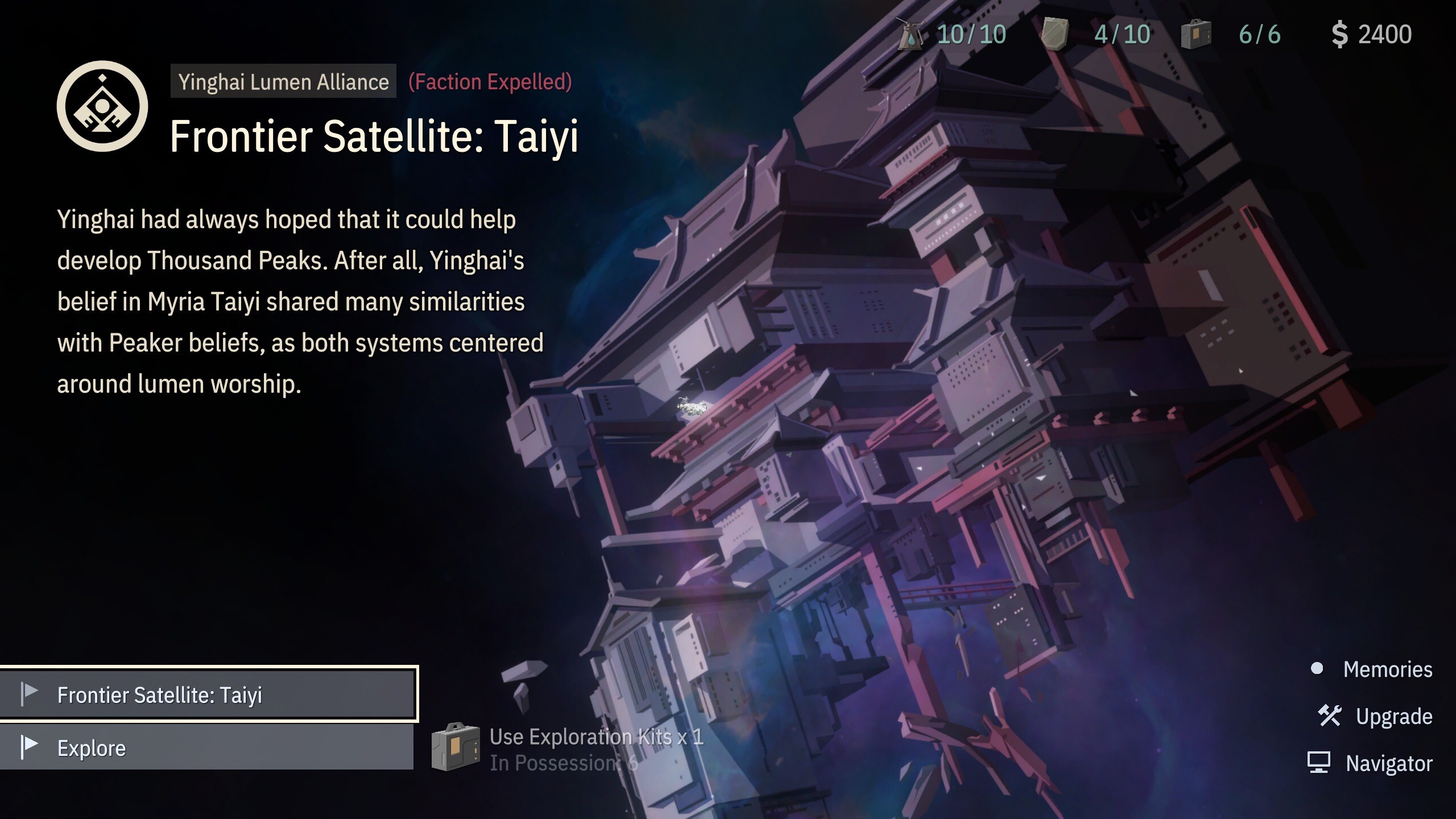
While OPUS’s premise may not be the most original on paper, the storytelling on hand here is fantastic. The game’s significant amount of character dialogue, narration, and lore are all spot-on. This is assisted in no small part by the game’s impressive production. The simple yet vivid art design and animations remain striking throughout, and composer Triodust‘s score is nothing short of stunning. These factors all contribute to a game universe that feels distant but also believable, and it’s a joy to discover.

Distant Stars
Speaking of discovery, OPUS’s gameplay has a surprising amount of layers to it. Much of the exploration is done on foot as Jun, who can discover relics to fill in the universe’s lore. However, it also features a surprisingly robust galaxy exploration mechanic reminiscent of Mass Effect and FTL. There are multiple resources to manage as you travel to new worlds, encounter pirates, and investigate ancient relics, as well as upgrades to your ship that increase your chances of success. It’s not the most robust version of any of these systems, but it adds a surprising amount of RPG-like depth to an otherwise simple game.
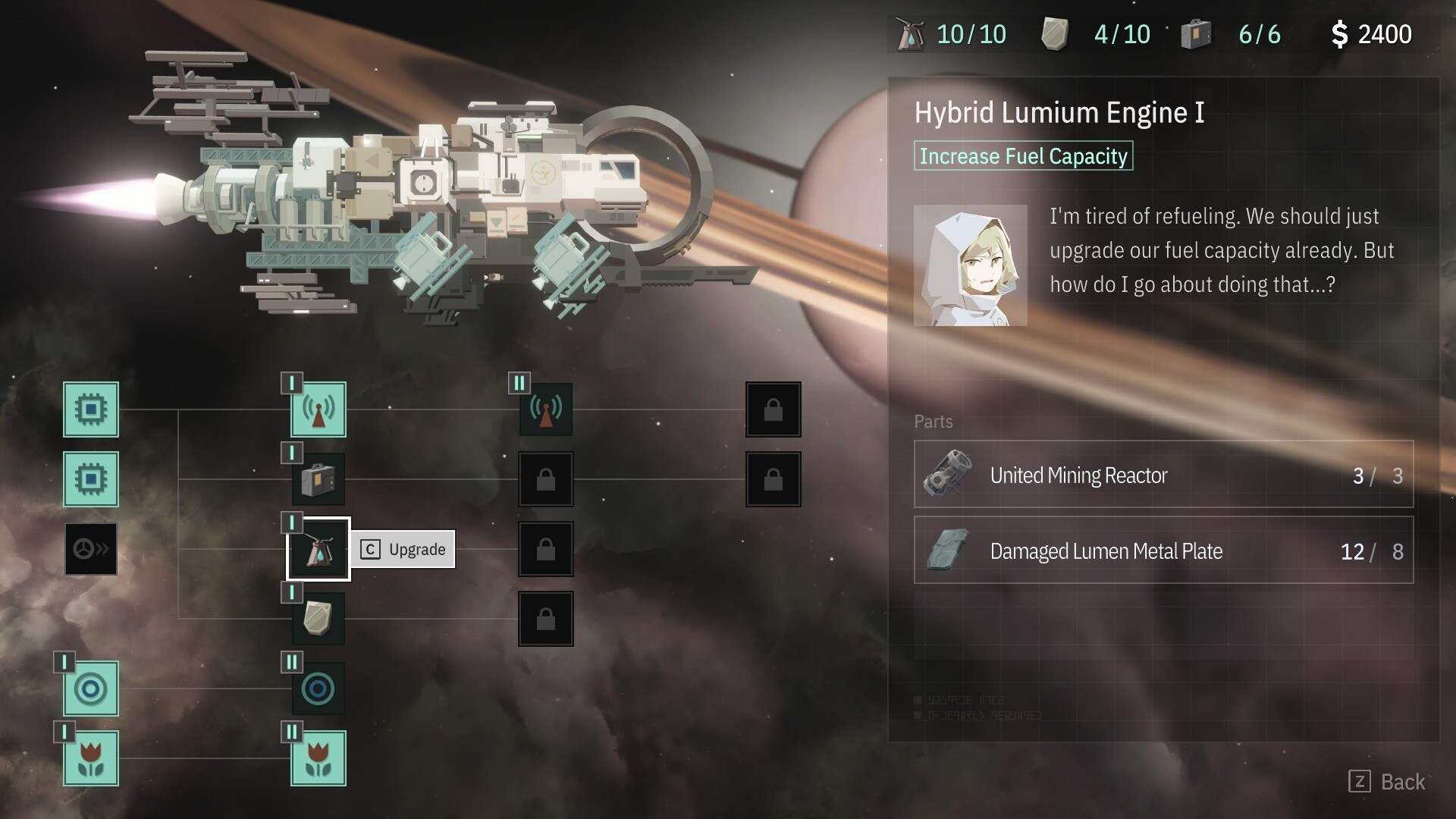
There are other gameplay types and puzzles to be found as well, none of which outstay their welcome. It’s a testament to the fact that sheer style and competence can add a lot. If I had a complaint about OPUS, it’s that the game saves fairly infrequently and doesn’t offer a manual save option. This isn’t the worst flaw, but moments where I had to turn the game off sometimes resulted in having to repeat a chunk of gameplay. Oh, and there’s no option to skip scenes you’ve already watched, which would have been appreciated.

Despite these small nitpicks, I heartily recommend OPUS to any adventure or sci-fi fans out there. It ultimately reminded me the most of To the Moon, another game that manages to be more than the sum of its parts, and one that also managed to punch me in the gut emotionally. This is a trip to the stars worth taking.
OPUS: Echo of Starsong is available via Steam.
Watch the trailer for OPUS: Echo of Starsong below:

